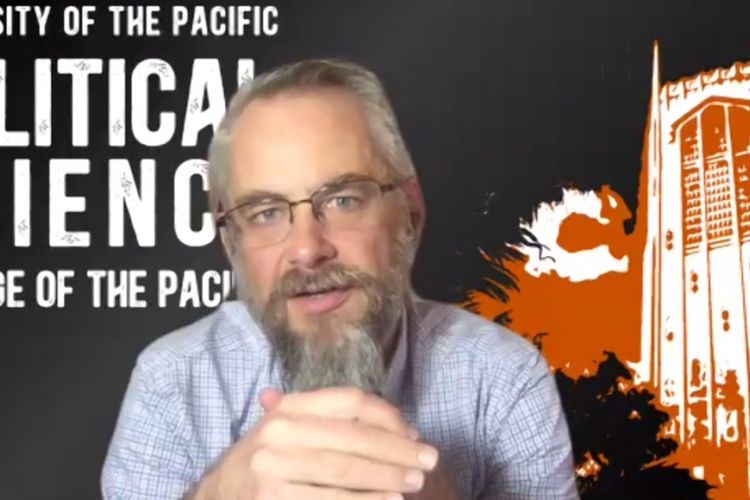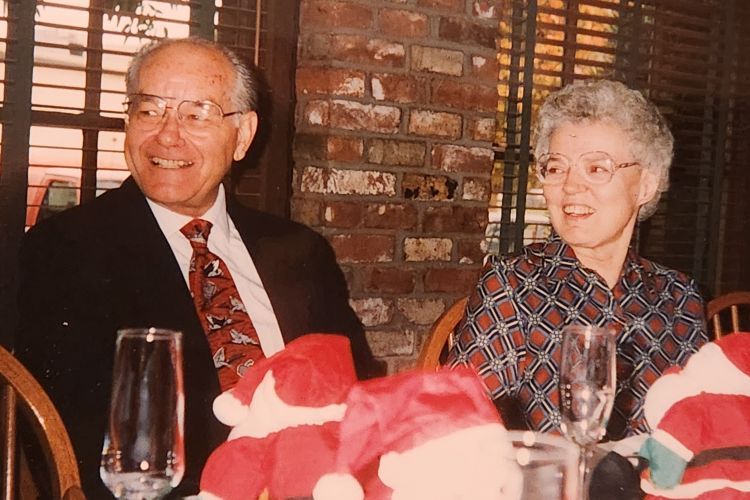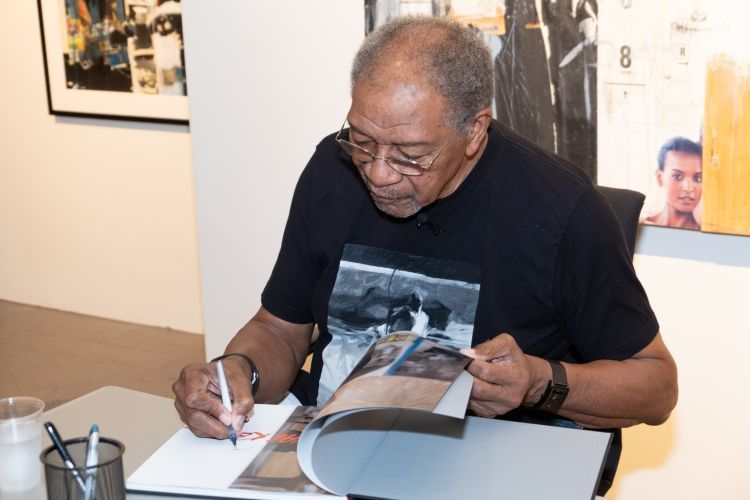Breadcrumb
Pacifican election night panel delves into Electoral College, climate change and more

Political science and law professor Keith Smith.
University of the Pacific’s student newspaper, The Pacifican, hosted “The Election, A Panel,” a nonpartisan event on election night covering issues that will be impacted by voter decisions.
The panel featured five Pacific faculty members: professors Brian Klunk and Jeffrey Becker (political science), Lydia Fox (environmental sciences), Jeffrey Michael (law and business) and Keith Smith (political science and law). Pacifican editors Malavika Raj and Liliana Lopez moderated the panel, which discussed several topics:
Climate policy
Raj began with a discussion of climate policy. Fox emphasized the importance of the election to environmental policy, with the current administration, “gutting these policies and not enforcing them” even when they are “vital to the health and safety of our country.”
Michael added that the progress for which Fox advocates for “could be a very quick change. They don’t require new legislation, just new leadership and a new commitment to enforcing the laws.” Michael also noted that the attitude that the federal government takes toward climate policy will impact the relations between California and federal government.
“We’ve seen conflict between the state of California and the federal government this year,” Michael said. “California has sued the government over 100 times and half of those have been over environmental issues. It would be a tremendous difference for California to shift from an antagonistic relationship with the (federal) government to a partnership.”
Klunk considered the international ramifications of altering U.S. climate policy. “Working on climate requires working with China. It’s going to be difficult to find the balance between collaborating over climate and conflicting,” he said.
Religion
Lopez transitioned the panel to the topic of religion and its impact on the 2020 election. Klunk analyzed the impact of the conservative Christian base of President Donald Trump’s support.
“Conservative Christians saw policies during the Obama administration as a threat to their ability to practice religion. That has been the primary reason for the very firm support Trump has received from Christian conservatives,” Klunk argued.
Klunk noted the conservative majority in the United States Supreme Court and its continuing impact.
“I think we can expect an increase in cases being submitted to the court to see how far it can go,” he noted, referencing conservatives’ desire to eliminate aspects of the Affordable Care Act.
The Electoral College
In regards to the Electoral College, Smith made America’s situation clear: “Will (the Electoral College) ever go away? No, absolutely not. It’s all a function of do you think it helps your side right now. I’ll posit that in the background no one really likes the Electoral College.”
Smith discussed the National Vote Compact, a workaround to amending the Constitution to ensure that the winner of the popular vote wins the presidency. California has joined the National Vote Compact. Learn more about the National Popular Vote Interstate Compact.
The pandemic
Finally, the panel discussed how American culture has contributed to the pandemic response. Becker argued, “Trump undermined the CDC (Center for Disease Control) about the efficacy of masks. The story that the elites and media, the elites and the scientists, tell us what to do, it is part of the American story. We don’t trust experts and government telling us how to live our lives.”




